Will you be your own boss by 2030?
In 2017 I wrote an article looking at a potential trend around whether you would be your own boss by 2030. Of course, without the benefit of a crystal ball, this trend did not see the black swan event of a global pandemic in the future.
What was true in 2017 and remains even more relevant today, is the pace of change. If we thought it was fact 5 years ago, we are in hyper-drive by comparison. Who could have predicted the significant changes to the 2022 world of work – it seems almost unbelievable to a 2017 world.
To quote Charles Darwin "It is not the strongest of the species that survives, nor the most intelligent, but the one most adaptable to change" – and there are many global success stories over the past 3 years that bear this out. Incessant technological innovation is driving what Schumpeter labelled 'creative destruction' – or disruption caused by new technologies that destroys old economic systems, freeing up resources and giving rise to new industries and jobs. Over time, the theory is that this phenomenon will drive productivity and economic growth. Andrew McAfee, Co-Director of the Initiative on the Digital Economy at MIT, believes that the world is witnessing a second Machine Age, where an estimated 50% of all jobs currently in existence – including white collar roles – will become automated, leading to a short-term squeeze on income and job opportunities, but ultimately, long term gain.
Today, we're seeing evidence of creative destruction in rising global unemployment, declining average length of service, increasing mid-career transitions and disruption across all industries. There has been lots of talk in the US and more recently, locally about a term Economists have coined as “The Great Resignation” driven by among other things, workers search for meaning in their jobs and greater levels of autonomy and flexibility
Post pandemic we have seen a decline of job families like Office and Administration and Manufacturing and Production and a sharp rise in the importance of Business and Financial Operations, Information Technology, Mathematical/ Data Science, Architectural and Engineering roles. Scary times for some, but exciting too, as we enter an age where the goal of more abundance wealth for less work may be achieved – if you have the right skills and are able to adapt to a rapidly changing work environment.
Trends that are still relevant for 2030
Research indicates that there are currently 4 major trends that will impact the world of work over the next 15 years.
1. Flexibility:
Globally, we are seeing a continuation of the growing trend towards short term work.
According to the International Labour Organisation's 'The Changing Nature of Jobs', 75% of the global workforce are currently employed on temporary or short term contracts.
It is suggested that by 2030, workers will work 'with', not 'for', companies and will work with multiple 'clients' simultaneously, joining skills guilds, rather than becoming employees.
The focus will be on knowledge workers, who can do their jobs anywhere and at any time.
This idea of workers as entrepreneurs will promote flexibility and autonomy – and will benefit high skill workers.
2. Lifelong Learning:
Already, the idea that you study and then use what you've learned to follow a career at one company throughout your life has become obsolete
Lifelong learning, where workers constantly reskill or renew skills every 5 years, is becoming the norm.
3. Quality, Not Quantity (Work/ Life Balance):
Emphasis is shifting away from chasing money at all costs to a focus on critical values, like work/life balance, happiness and fulfilment.
There will be a shift away from the culture of 'overwork' towards a system where work is enmeshed in life – and reward is based on expertise and results, and not on job title or length of service.
4. Technological Innovation
Technology already enables remote work and the pandemic has changed the way employers view hybrid or emote teams as a part of their daily operations.
Over the next 15 years, it's predicted that rapid technological innovation will promote 24/7 work performed by employees in different geographic locations and time zones.
The traditional notion of a 'corner office' as we know it today will become obsolete as workers work remotely, hot desk and collaborate in ways we can't yet imagine.
So, what will this mean for workers and employers?
By 2030, Millennials – who reached adulthood around the year 2000 – will potentially be in leadership roles. This generation is said to have a strong sense of global community and to be confident, team-orientated and achieving. [Source: Strauss and Howe]
They are the first generation to truly understand the concept of work/life balance and to seek fulfilment in their careers – all characteristics they'll need to survive and thrive in the new world of work, both as workers and employers.
Others are:
Workers/ Collaborators
- Will need to be adaptable to manage career flexibility and will need soft skills like resilience, problem-solving and self-management to thrive.
- Will need to be able to build 'Brand Inc', promoting and selling themselves on a fluid job market. Reputation management, customer relations and negotiation will be key to the worker of the future.
- Will need to take responsibility for lifelong learning and to upskill/ reskill regularly.
- Will have to focus on entrepreneurship, building a skills-based business and client base.
Employers:
- Will need to manage complexity and ambiguity effectively - two concepts that will have a big impact on work.
- Will need to be able to quickly and efficiently identify skills gaps and tap into the freelance market.
- Will have to offer collaborative, global, virtual working environments in order to attract the best talent.
- Will need to build leadership teams. No single leader can effectively manage in a 24/7 global world, with diverse geographic teams.
- Will need to create highly effective feedback loops in order to properly manage remote workers and to communicate organisational strategy and goals.
The world of work is still shifting.
By 2030, the traditional 'employer/ employee' relationship could be gone, replaced by the concept of workers as boss, selling their services to client companies.
And, being a SMART (Specialist, Mobile, Adaptable, Resilient and Talented) employee, will be key to surviving and thriving in the new world of work.










